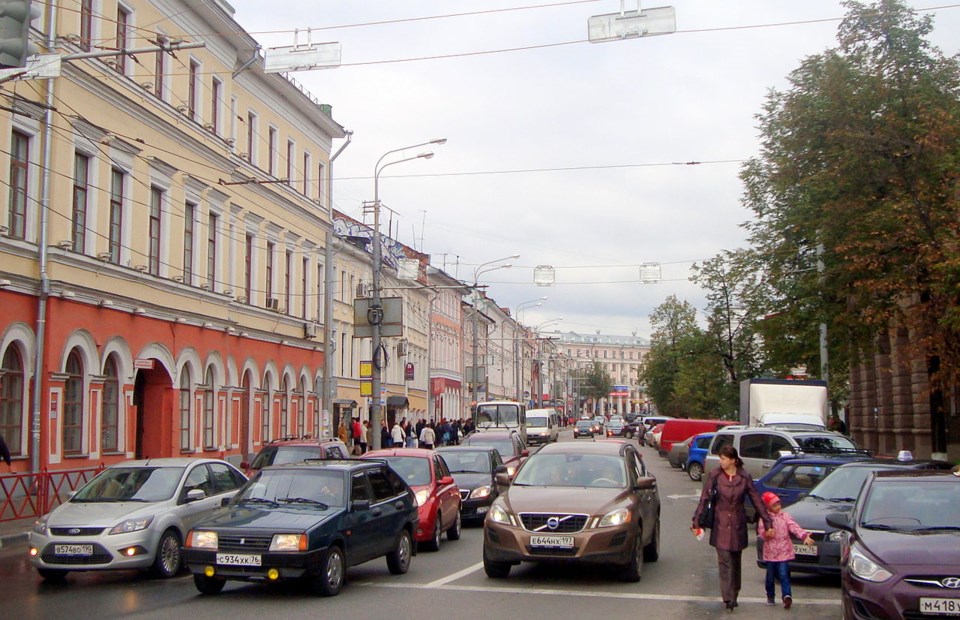A group of high school students is headed to Russia after all, but School District No.46 (SD46) has put a hard stop to three other overseas trips as the COVID-19 disease continues to spread globally.
“It’s absolutely challenging and disappointing for kids who have been excited about these very special trips,” said SD46 superintendent Patrick Bocking. “I regret having to make the decision, but we just have to put the health and safety of our students and our community as a priority.”
On March 3, SD46 issued a statement that all overseas travel has been cancelled for the remainder of the school year, based on information from the World Health Organization, Global Affairs Canada, provincial health officer Bonnie Henry and the Ministry of Education.
That included two trips to Italy and Greece, and a trip to Germany, Poland and the Czech Republic, all of which were organized through travel company Explorica, which indicated to the district that itineraries couldn’t be changed on short notice. “It’s just not practical,” said Bocking.
Students and parents planning a trip to Russia, meanwhile, were left in limbo this week after they were initially told their trip had also been cancelled, three days before the scheduled departure date.
“It was really heartbreaking,” said Allegra Mills, a mother of one of the seven high school students involved.
The three-week trip had been planned over 18 months by Russian language teacher Glen McPherson. Parents met with Bocking on March 3 to request that he reverse the decision, which he did later that evening.
“It was a real shock hearing on Monday that there was some concern about it,” said one of the students in the group. “Now, with our efforts, it seems we have turned that decision around.”
The Russia trip differs from the others because it is custom-designed by a teacher, said Bocking. Participants have also been asked to sign a waiver releasing the district of any liability.
Bocking told Coast Reporter the school district has not sanctioned the trip, and an updated statement from the district on March 4 described it as cancelled, but that “the parents have chosen for their children to continue with this trip.”
Other school districts in the province have also cancelled trips or are assessing them on a case-by-case basis, according to reports, including the Greater Victoria School District, Sooke and Saanich school districts.
Travel advisories are changing regularly, and countries have different policies for coping with the spread of the virus. This “really creates a challenge for us in education to be able to know how to respond,” Bocking said.
“We have to try to anticipate, in terms of keeping our students safe, what’s going to be happening two and three weeks from now in those countries in a situation that the World Health Organization describes as ‘uncharted waters.’”
A spokesperson with the Ministry of Education told Coast Reporter that the ministry “follows the direction of federal and provincial public health officials” in assessing risk.
“[Public Health Officer] Dr. Henry advised trip planners to conduct a risk assessment and be aware of impacted areas in their decision on field trips out of the country,” the ministry said. “The public health officer added the situation continues to evolve and the federal government may put travel restrictions in place suddenly, so it may be prudent for school districts to postpone trips to impacted areas where COVID-19 travel advisories are in effect.”
SD46 also cited current travel advisories “and the daily changes in public health information being released” as factors in the decision to cancel.
As of March 3, active Level 3 travel health notices for COVID-19, which advise avoiding all non-essential travel, have been issued by Canada’s Public Health Agency for China, northern Italy and Iran. Level 2 notices have been issued for Japan and South Korea and Level 1 notices apply to Hong Kong and Singapore.
There have been three confirmed cases in Russia and no deaths, according to the World Health Organization.
Approximately 91,000 cases have been confirmed globally, with 2,946 deaths in China and 166 deaths outside the country.
As of Wednesday, 12 people in B.C. had been infected with the disease and there had been no reported deaths in Canada.



